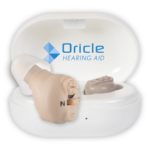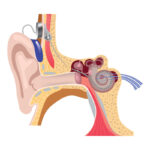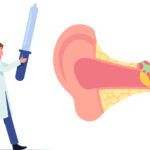Tinnitus Vertigo: A Comprehensive Guide to Symptoms, Causes, and Prevention
Tinnitus vertigo is a complex condition that can significantly affect an individual's quality of life. This comprehensive guide will delve into the symptoms, causes, and prevention of tinnitus vertigo, providing you with the information you need to better understand and manage this condition. By incorporating best SEO practices and including sources, this article aims to serve as pillar content for anyone seeking reliable information on tinnitus vertigo.
Understanding Tinnitus Vertigo
Tinnitus vertigo is a condition characterized by two primary symptoms: tinnitus, or the perception of noise or ringing in the ears, and vertigo, or the sensation of spinning, swaying, or unsteadiness. These symptoms can occur simultaneously or independently, leading to a range of experiences for those affected. The condition can be short-lived (acute) or long-term (chronic), and can vary in severity from mild to debilitating.
Symptoms of Tinnitus Vertigo
The main symptoms associated with tinnitus vertigo include:
- Tinnitus
- Ringing, buzzing, hissing, or clicking sounds in the ear
- The perception of sounds that are not present in the environment
- The volume and pitch of tinnitus may vary over time
2. Vertigo
- A sense of spinning, tilting, or unsteadiness
- Difficulty maintaining balance
- Nausea and vomiting
- Dizziness and lightheadedness
- Visual disturbances, such as blurred vision or double vision
3. Additional symptoms that may accompany tinnitus vertigo include
- Hearing loss or difficulty understanding speech
- Sensitivity to sounds
- Fatigue and difficulty concentrating
- Anxiety and depression
Causes of Tinnitus Vertigo
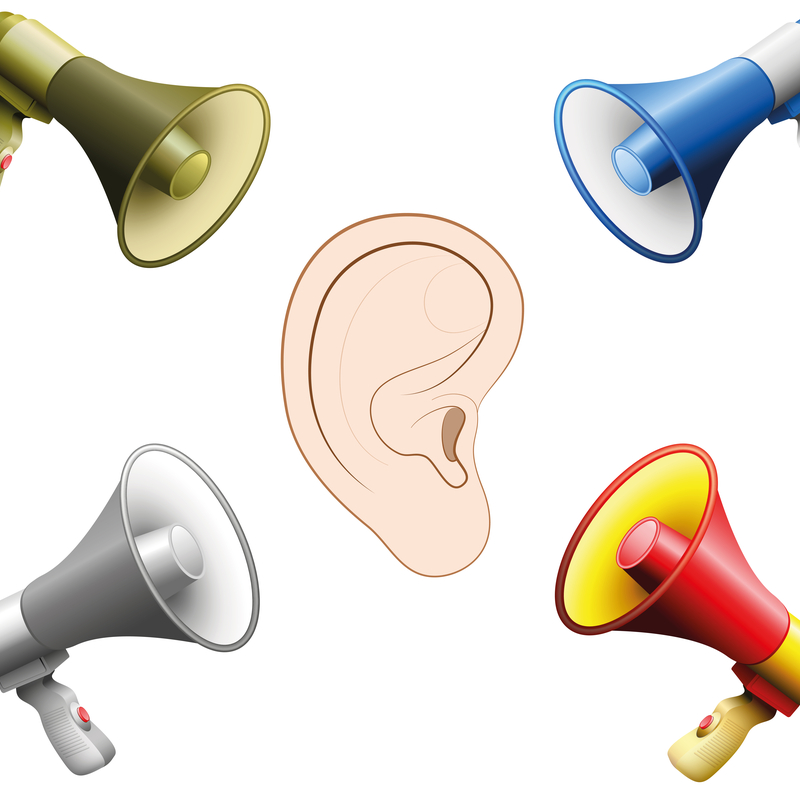
There are numerous potential causes of tinnitus vertigo, including:
1. Meniere's Disease
- A chronic inner ear disorder causing tinnitus, vertigo, and hearing loss
- The exact cause is unknown, but it is believed to be related to fluid buildup in the inner ear
2. Vestibular Neuritis or Labyrinthitis
- Inflammation of the vestibular nerve or the inner ear labyrinth, often caused by a viral infection
- Symptoms include vertigo, dizziness, and balance problems
3. Acoustic Neuroma
- A benign tumor on the vestibulocochlear nerve, which connects the inner ear to the brain
- Can cause tinnitus, vertigo, and hearing loss
4. Benign Paroxysmal Positional Vertigo (BPPV)
- A common cause of vertigo, often triggered by specific head movements or positions
- Caused by the displacement of calcium carbonate crystals in the inner ear
5. Otosclerosis
- A hereditary condition causing abnormal bone growth in the middle ear
- Symptoms include tinnitus, vertigo, and progressive hearing loss
6. Other potential causes
- Head injuries, ear infections, and certain medications can also contribute to tinnitus vertigo
Diagnosis and Treatment Options
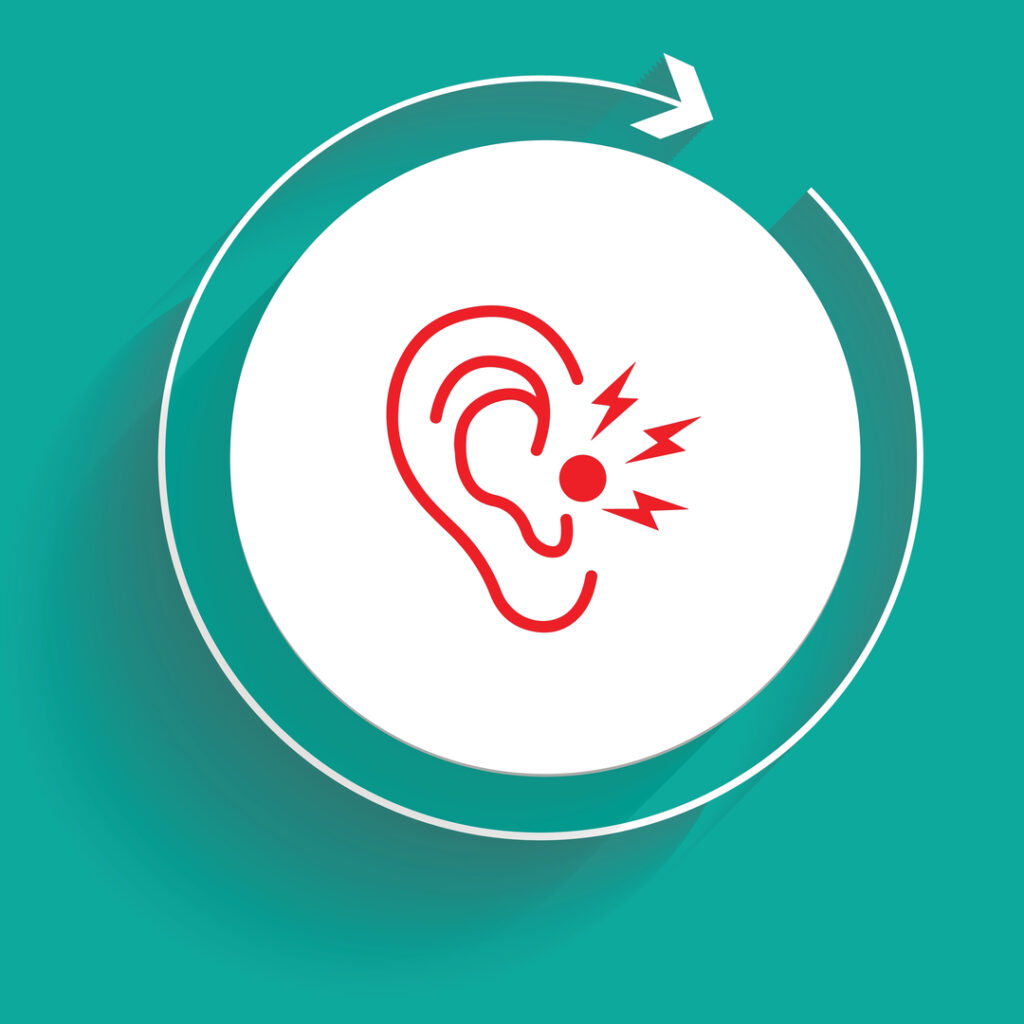
- Chronic stress can worsen tinnitus and vertigo, so it's essential to find effective stress management techniques, such as meditation, yoga, or deep breathing exercises
Diagnosis of tinnitus vertigo typically
It involves a thorough medical history, physical examination, and hearing tests. Additional tests may be ordered to rule out or confirm specific causes, such as:
1. Audiometry
- A hearing test used to measure the ability to detect sounds at various frequencies and volumes
2. Vestibular testing
- Tests to assess balance and inner ear function, such as the Dix-Hallpike maneuver, caloric testing, and vestibular evoked myogenic potential (VEMP)
3. Imaging studies
- Magnetic resonance imaging (MRI) or computed tomography (CT) scans to visualize the inner ear structures and detect possible tumors or other abnormalities
Treatment options for tinnitus vertigo
It depends on the underlying cause and may include:
1. Medications
- Antivertigo drugs to reduce vertigo symptoms, such as meclizine or betahistine
- Diuretics for Meniere's disease to decrease fluid buildup in the inner ear
- Corticosteroids to reduce inflammation in cases of vestibular neuritis or labyrinthitis
- Antidepressants or anti-anxiety medications to help manage mood-related symptoms
2. Physical therapy
- Vestibular rehabilitation therapy (VRT) to improve balance and reduce dizziness
3. Hearing aids
- For individuals experiencing hearing loss, hearing aids may help to alleviate tinnitus and improve communication
4. Surgical intervention
- In some cases, surgical procedures may be necessary to treat the underlying cause, such as the removal of an acoustic neuroma or surgical correction of otosclerosis
Prevention and Management Tips
While not all cases of tinnitus vertigo can be prevented, certain lifestyle modifications may help to reduce the risk and manage symptoms:
1. Maintain a healthy diet and stay hydrated
- A balanced diet rich in vitamins and minerals can support overall health and help prevent conditions that may contribute to tinnitus vertigo
2. Limit caffeine and alcohol intake
- Both substances can exacerbate tinnitus and vertigo symptoms
3. Manage stress
4. Protect your hearing
- Avoid exposure to loud noises and use hearing protection when necessary
5. Exercise regularly
- Regular physical activity can help maintain a healthy weight, promote good circulation, and support overall health
Coping with Tinnitus Vertigo
Living with tinnitus vertigo can be challenging, but there are strategies to help cope with the condition:
1. Join a support group
- Connecting with others who have tinnitus vertigo can provide emotional support, encouragement, and practical advice
2. Use sound therapy
- Listening to soft background noise, such as white noise or calming music, can help mask tinnitus sounds and provide relief
3. Establish a regular sleep routine
- A consistent sleep schedule can help manage fatigue and promote overall well-being
4. Consult with a mental health professional
- A therapist or counselor can provide guidance on managing anxiety, depression, and other emotional aspects of living with tinnitus vertigo
Conclusion
Tinnitus vertigo is a complex condition with a range of symptoms and potential causes. By understanding the symptoms, causes, and available treatment options, individuals affected by tinnitus vertigo can take steps to manage and prevent this condition. Incorporating healthy lifestyle habits, seeking medical advice, and using coping strategies can help improve the quality of life for those living with tinnitus vertigo.
Sources
- American Tinnitus Association. (n.d.). Understanding the Facts. Retrieved from https://www.ata.org/understanding-facts
- National Institute on Deafness and Other Communication Disorders. (2021, August 31). Meniere's Disease. Retrieved from https://www.nidcd.nih.gov/health/menieres-disease
- Vestibular Disorders Association. (n.d.). Vestibular Neuritis and Labyrinthitis. Retrieved from https://vestibular.org/vestibular-neuritis-and-labyrinthitis


